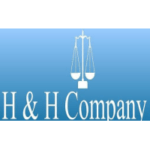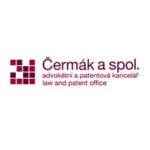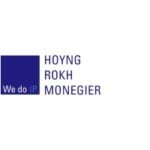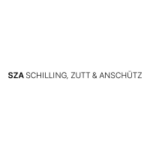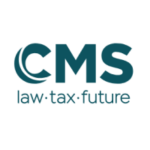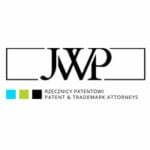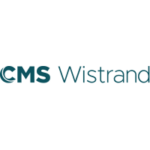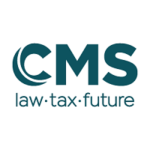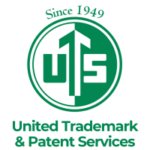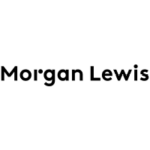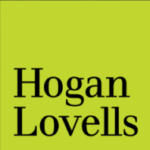-
To represent a client before Court in respect of a potential trademark infringement matter, do you require a Power of Attorney – and if so, what are the execution formalities required by your courts?
-
Is it a requirement in your jurisdiction to send a cease and desist letter to a potential infringer before commencing proceedings for infringement? What are the consequences for a trademark owner who chooses not to send a pre-action letter?
-
In your jurisdiction, is there a risk that a pre-action letter could give rise to claim against the trademark owner for unjustified threats? What steps should a trademark owner take to ensure any cease and desist letter does not expose the trademark owner to any liability.
-
Is it mandatory for the parties to have attempted mediation or other alternative dispute resolution proceedings prior to commencing infringement proceedings?
-
Are claims for trademark infringements heard before a general commercial Court or a specialist Court focused on Intellectual Property disputes? Are trademark infringement claims decided by a judge or by a jury?
-
Is there a time limit for commencing trademark infringement proceedings once the facts giving rise to the infringement are known to the trademark owner. After how long would such a claim be time-barred?
-
In your jurisdiction does the law protect unregistered trademarks of any kind, including by way of unfair competition or protection of trade dress. What are the criteria for their subsistence?
-
In your jurisdiction will the Court hear claims for registered trademark infringement in parallel with claims for unfair competition, infringement of trade dress or other misleading advertising, or does a claimant need to bring such claims in a separate cause of action?
-
In your jurisdiction, do your Courts share jurisdiction with your Trade Mark Office, such that parties need to seek to seize the forum they prefer first in time, or does the Court take precedence and intervene to stay or transfer any live Registry proceedings (for example relating to invalidity or revocation of registered trade mark) which may overlap with an issued infringement claim and related counterclaim?
-
Where the defendant has a counterclaim for invalidity or cancellation of the registered trademark being asserted against it (either on the basis of earlier rights or as a result of non-use by the trademark proprietor), does the counterclaim become part of the infringement action, so that both issues are heard by the same Court within a single action, with the Court making a determination at its conclusion, or are the validity issues bifurcated and heard in separate parallel proceedings? If in your jurisdiction validity issues are bifurcated, what are the practical consequences of this from a timing perspective? For example, does this mean that a Court will stay the infringement claim and proceed with the validity attack first to avoid finding a trademark infringed, only to have a separate Court find the trademark invalid at a later date?
-
If the main objective in commencing infringement proceedings is to secure an injunction, is a claimant required to state how much their claim is worth at the point their claim is issued?
-
Is it possible to seek a preliminary injunction in your jurisdiction? If so, what is the criteria a trademark owner needs to establish and is there a bond or other undertaking in damages payable to compensate the defendant if the Court finds no infringement following a substantive hearing?
-
Is a licensee (whether exclusive or non-exclusive) of a registered trademark entitled to commence proceedings for trademark infringement? Does the trademark proprietor need to be joined as a party to the proceedings, and does it have an effect whether the licensee is registered before the local Trademark Registry?
-
Where the claim for trademark infringement is premised on similarity between the defendant’s mark and the trademark owner’s registered mark, does the proprietor need to demonstrate that confusion has occurred or simply that there is a risk of confusion? What is the minimum standard required to secure a finding of infringement?
-
In your jurisdiction what type of disclosure or discovery is typically ordered by the Court in respect of trademark infringement actions from both parties?
-
What type of expert evidence is permitted by the Court in your jurisdiction? Does the Court accept consumer surveys and are there specific rules about how consumer surveys are conducted. Do the parties need to request prior permission from the Court to adduce survey evidence?
-
Does evidence submitted by your client in trademark infringement proceedings have to accompanied with a statement of truth or other similar declaration?
-
In your jurisdiction is it possible for a claimant to seek summary judgment of an infringement claim? What are the legal criteria for a Court to grant summary judgment?
-
How long does it typically take to reach judgment in a trademark infringement action from issue of the claim, through to first instance decision? What is the lower and upper range of legal costs for such an action?
-
Following a first instance decision, is it possible for either party to appeal the decision? What are the grounds upon which an appeal can be lodged? Is it necessary to request permission to appeal, or are appeals automatically permissible? If either party file an appeal, is the enforcement of the first instance decision stayed pending the outcome of the appeal?
-
If the parties have been involved in a dispute before the local Trademark Office, what relevance does this have on later infringement proceedings? For example where trademark owner (A) may have already sought to oppose the registration of a third party (B’s) mark in proceedings before the local Trade Mark Office, is the trademark owner estopped from seeking invalidity of a registered trade mark where its opposition failed where the invalidity action is based on the same grounds as the unsuccessful opposition?
-
In your jurisdiction, does the Court consider both liability and quantum within the same proceeding, or will any damages be assessed after the Court has reached a decision on liability? How are damages for trademark infringement proceedings typically assessed in your jurisdiction?
-
In addition to an injunction and damages, what other remedies are available in your jurisdiction?
-
Following a decision on the merits, is the winner entitled to recover all or a portion of its legal costs incurred in bringing or defending the proceedings. If legal costs are recoverable, what is the procedure involved and how does the Court assess the level of legal costs which should be reimbursed by the losing party.
-
Once the Court has issued a judgment, how long typically does the losing party have to comply with the Court’s judgment including any final injunction issued? What are the consequences for failing to comply and how would the winning party seek enforcement of its judgement.
Canada: Trademark Disputes
This country-specific Q&A provides an overview of Trademark Disputes laws and regulations applicable in Canada.
